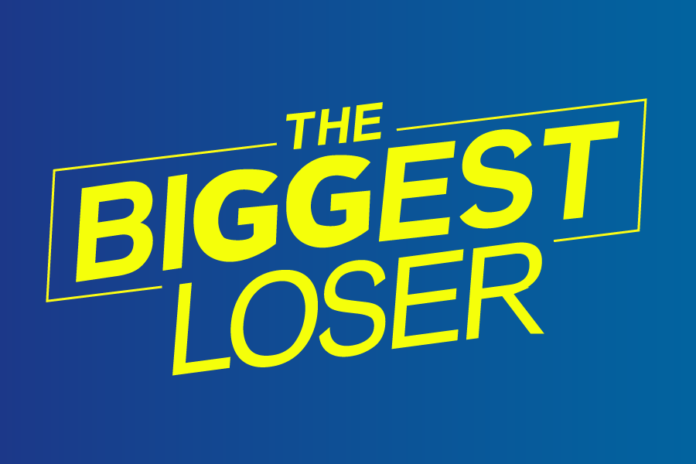True weight loss for obese individuals is not flashy, glamorous or fit for reality television
“The Biggest Loser” is a weight-loss competition that originally aired on NBC in 2004. The series followed overweight to obese individuals as they competed to lose the highest amount of body weight relative to their initial size.
Although the series ran for 17 seasons, it was highly criticized for the way trainers treated the contestants and for the unrealistic weight loss methods it promoted. Contestants would exercise for numerous hours each day and would eat meticulously planned meals that were not always sufficient to restore their energy balances.
A longitudinal study in an obesity research journal followed 14 former contestants over six years. It showed that the contestants significantly damaged their metabolism after losing weight so rapidly, and they had all regained the weight.
Since the series ended in 2016, there have been radical shifts in the way society views body image and weight loss. From the rise of the Health at Every Size movement to a more general acceptance of different body types in the media, it would seem that a show like “The Biggest Loser” would never be popular in today’s political and social climate.
The USA Network, however, decided to reboot the series, and the first episode aired on Jan. 28. The series made an effort to combat criticisms of the original, such as re-casting hosts and offering an extensive “aftercare package” to contestants who were eliminated, including a gym membership, a nutritionist and guidance towards a support group.
The goal of the series was rebranded as “competing not only to lose weight, but [to] also improve their overall well-being,” according to the USA Network.
Many, however, are not satisfied with this new take. The series has been criticized by Dr. Sandra Aamodt, neuroscientist and author of “Why Diets Make Us Fat.”
“‘The Biggest Loser’ basically glamorizes dieting, which I consider to be quite dangerous,” Aamodt said. “And rebranding weight loss as wellness is a big trend.”
Dr. Jennifer Kern was a contestant in the third season of the original series. She then returned to work as a medical consultant for the following two seasons.
“I think it at least showed other people who are struggling with obesity that all is not lost, that they can successfully lose weight even if they have 150 pounds to lose,” Kern told Insider.
She believes, however, that the format of the series as a whole is problematic. She openly criticizes fallacies the show perpetuates about massive weight-loss. In fact, she co-wrote the longitudinal study showing that re-gaining the weight for former contestants was almost inevitable.
“To make a good TV show, they’re going to want to show rapid change,” Kern said.
And there lies the fundamental issue with the series: True weight loss for obese and morbidly obese individuals is not flashy, glamorous or fit for reality television. While showing intense workouts and fitness challenges may make for good entertainment, it is, at best, inefficient and, at worst, dangerous for contestants trying to make better lives for themselves.
Sustained weight loss, especially for obese individuals, should include a strong focus on nutrition and include low impact excercises like walking or swimming. Yet “The Biggest Loser” forces contestants to perform box jumps and run miles in the first few weeks of the competition.
Based on the lack of significant changes this reboot made, it is hard to believe the series will regain the popularity it had in the early 2000s. Even worse, the contestants will probably suffer the fate of regaining the weight they lost during the competition. While the effort of rebranding the series could have been worthwhile, the execution will probably do more damage than good to those it is setting out to help.
Written by: Alyssa Ilsley — arts@theaggie.org




Yes! Thank you for this!
Dieting and working out are important aspects in weight loss, but it is such an oversimplification to suggest this is all it takes to lose weight.
Overcoming your food cravings is the hardest part of losing weight and the problem is mainly hormonal.
Food cravings are caused by a decreased sensitivity to Leptin (the hormone which regulates feelings of hunger/satiety)
see https://en.wikipedia.org/wiki/Leptin / http://bit.ly/lpxoffer
You can try supplements like Leptitox to increase your Leptin sensitivity.
In any case, the better you fight your cravings, the less often they will appear. And if you THEN make sure your diet’s right and work out regularly, weight loss becomes a realistic AND LONG-TERM prospect.
Excellent article! Thank you, Alyssa Ilsley.